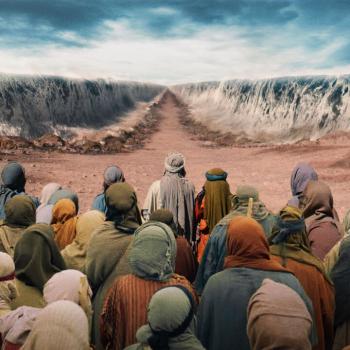In Is There A Sabbath For Thought? William Desmond distinguishes thinkers that are “lovers” from those that are “theorists”: “When I was in love with my beloved, I sang my beloved. Now that I am not sure about my beloved, or my love, I begin to analyze my love, and I no longer sing. And what then do I love? So it is too often with philosophy. It is gray at its birth, and the green of life is already strange to it.” Yet, the analyzer of love might be deluded into thinking that he is better off, “for after all, I am in charge now, putting the question. I am no longer intoxicated with my love, but am I in a better situation?”
Among the philosophical lovers, he includes Plato, Augustine, Bonaventure, Pascal, Kierkegaard, and Nietzsche; among the theorists are Aristotle, Aquinas, Descartes, Kant, and Hegel. What Desmond aims at is not love at the expense of theory, but a balance of the two, a philosophy that is both philia and sophia , a philosophy that attends to what he calls the “intimate universal,” a philosophy that recognizes that it arises from wonder at the way things are, or at the fact that there are things in the first place that can be a certain way.
Within this context, Desmond traces this neat genealogy from Descartes to Nietzsche. Descartes, he argues, does not follow the lead of Augustine, or does so only to a point. For Augustine, to turn inward is to find the “radical other,” God who is the “superior” to the self, the “ultimate other to be beloved.” Descartes looks to be doing the same, but Desmond wonders “which is the real foundation, or ultimate: self or God?”
He answers, “Our suspicions are aroused when Descartes seems to use God as a means to certify our cognitive confidence in a new mathematical science of nature as external. When Augustine interrogated himself as to what he sought to know, he replied: God and the soul. He further asks, Nihilne plus , nothing more? He answers, no further: Nihil omnino , nothing at all. The knowing of God was the nec plus ultra . For Descartes, by contrast, with God on our side as knowers, we are emboldened to make ourselves ‘masters and possessors of nature,’ secure in a foundation that grounds the new science as a project to be completed through a myriad of experiments, and to yield tremendous practical benefits. We today are the beneficiaries of the success of that project. But one still asks: Can God be used thus? Have we taken a fateful or fatal step outside fitting reverence, when God is thus used? Is the self-perfection of our own power not then the superiority we project? Not God as the superior, but ourselves as creating ourselves at a higher level as superior being. Voila the apparition of a kind of Ubermensch ! The pious Descartes and the impious Nietzsche take on the look of blood brothers – notwithstanding the differences of a scientistic Ubermensch and a rhapsodic.”














